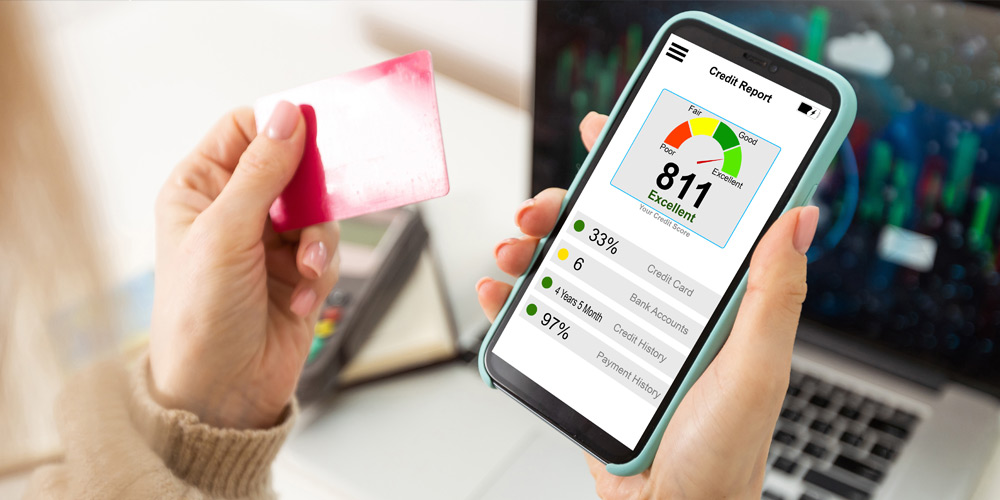Personal Finance
Credit Scores
Does Closing Credit Cards Hurt Your Credit?
How Is Your Credit Score Determined?
Can Bad Credit Affect Your Utility Bills?

Financial Planning
Are Wedding Loans a Good Idea?
Personal Loans for Adoption Expenses
Personal Loans for Childcare Expenses

Managing Money
What is the Minimum Income Requirement for a Personal Loan?
How to Negotiate a Raise
Revolving Debt vs. Non-Revolving Debt: Which is Better?

Personal Loans
Payday Loan vs Installment Loan, Which is Better?
Do Installment Plans Hurt Your Credit Score?
What is a Signature Loan?

















